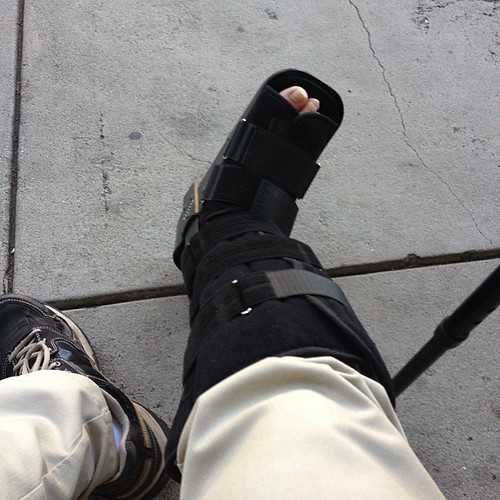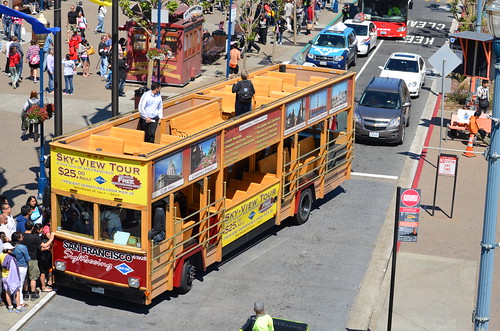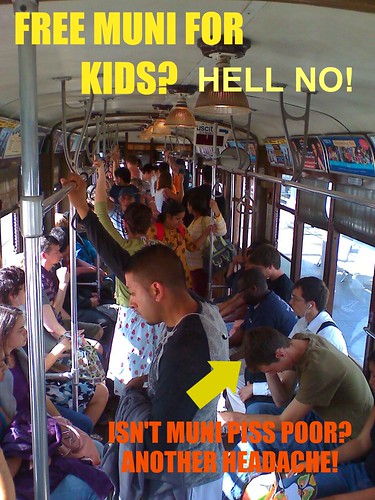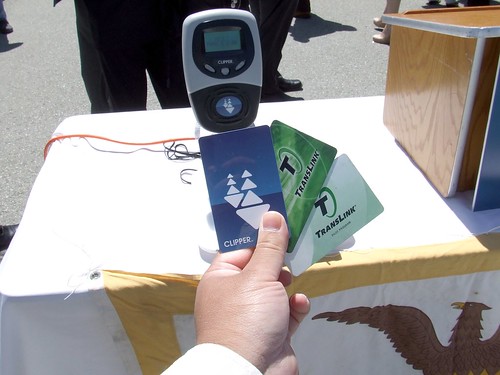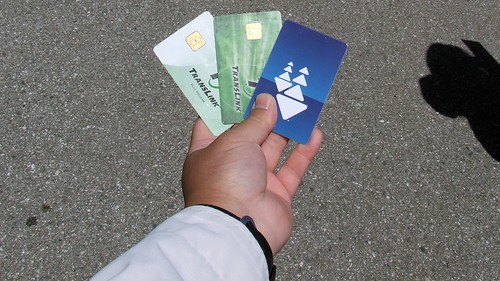 |
| Three Generations of Transit Fare Cards |
Why an acquisition fee?
The acquisition fee has been a hotbed of controversy because the MTC originally proposed the card fee to be $5. But after filing a required report under Title VI of the Civil Rights Act of 1964, they decided to drop it down to $3. It was right in the middle for the agency, it didn't heavily impact people that are disadvantaged, but also didn't give out the cards for free.
The other controversy has been the cards have been treated as an item that can be thrown away. As you may recall, some people who take longer and more costly trips on public transit have been abusing the system by taking advantage of the card's negative balance policy. A passenger adds very little money to a card with $0 acquisition fee and riding transit that costs more than what was funded to the card; once it goes negative, the passenger just throws the card in the trash. Because some people abuse the system this way, the MTC and public transit agencies lose a grand total of $700,000 in transit fares and card procurement costs. One solution being implemented in the future is to force BART passengers to add funds to their Clipper card at the exitfare machines if there's not enough to cover the ride.
$3 fee to be a failure
In my own opinion, the $3 acquisition fee might be able to stop some people from abusing the negative balance policy, but the MTC is still going to lose money from those who can still take advantage of it.
Here's how simple it is. Assuming BART is out of the picture, the most expensive transit fare is Caltrain at $12.75 one-way from zones one to six. If Clipper also implemented a $10 minimum e-cash add on per new card, a passenger must pay $13 ($10 e-cash and $3 new card fee).
UPDATE: Oops, I screwed up. The new card fee doesn't make the e-cash total $13, it's still $10. Therefore, if a passenger rides the $12.75 Caltrain ride, the passenger dumps their card in the trash after the first use of the card.
As I've just shown, people can still "save" money while transit agencies lose money.
How not to pay the $3 fee
The MTC is advising people to get the fee waived by ordering their card online and enrolling in the autoload program. But as we all know too well, autoload has problems, just like the recent report of people whose money was loaded back in 2010 never got charged until just days ago. So who wants to trust the MTC and Clipper on a piece of junk program?
Of course, the other way to avoid the fee is to get your new Clipper card now until September 1st, but how about after September 1st?
There's still a way to avoid the fee and it takes a little ingenuity. Just obtain your card online, register a credit card under autoload, and as soon as you get your new card, CANCEL AUTOLOAD. You see, you get a free card registered under your name (protection in case you lose your card), and you dumped autoload like dumping your date after a horrifying dinner.
Talking about dating... Akit's single! Ladies, want to date a blogger? :-)

